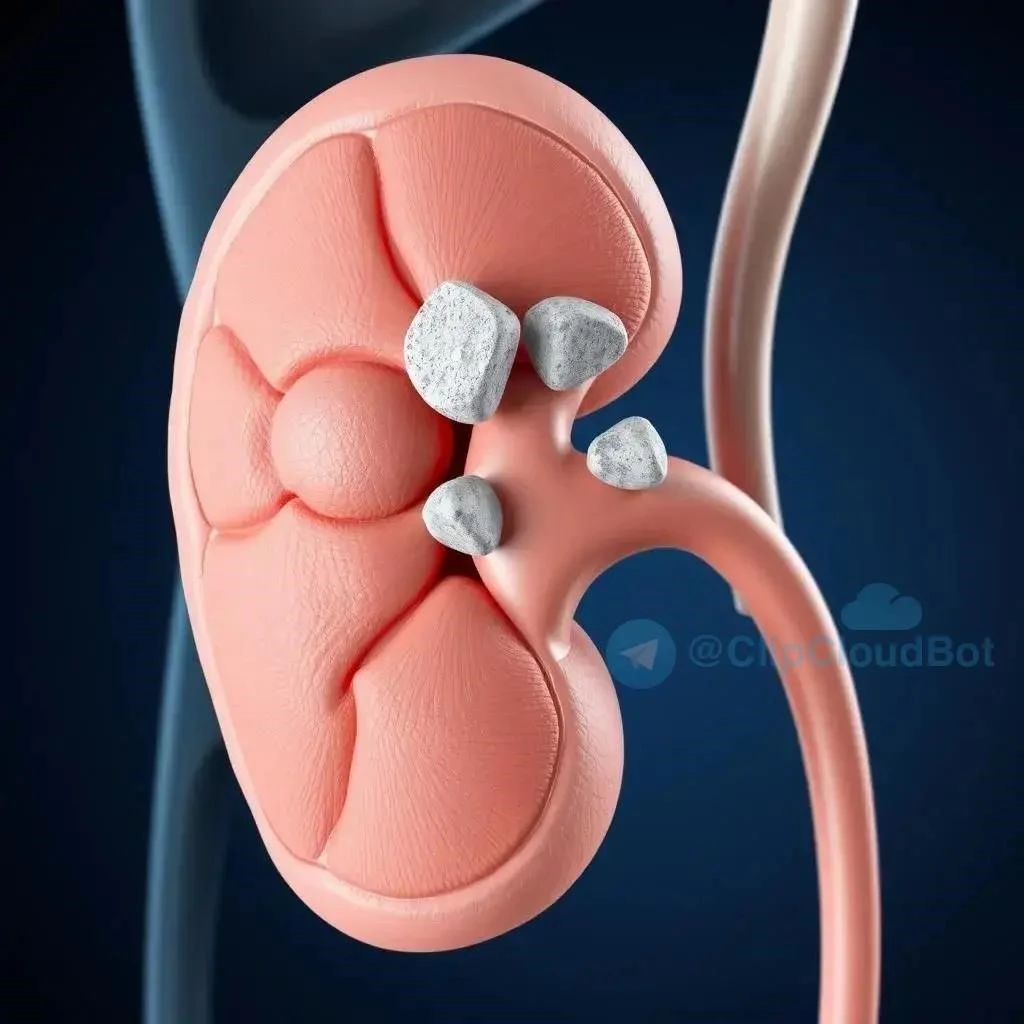Kidney Stones: A Comprehensive Guide
This guide explores kidney stones, covering their formation, identification, treatment, and preventive measures for long-term kidney and urinary health.
Understanding Kidney Stones
Kidney stones are hard, crystalline masses that form within the kidneys or urinary tract; They develop when certain substances in the urine become concentrated enough to crystallize. These stones vary in size, from tiny grains to larger formations that can obstruct urine flow. The composition of kidney stones can differ, with common types including calcium oxalate, calcium phosphate, struvite, uric acid, and cystine.
The formation process involves several stages, beginning with nucleation, where tiny crystals begin to form. These crystals then aggregate and grow, eventually forming a stone. Several factors contribute to stone formation, including low urine volume, high levels of stone-forming substances in the urine, and changes in urine pH. Understanding the different types of kidney stones and their formation mechanisms is crucial for effective prevention and treatment strategies. The size and location of a kidney stone significantly influence the symptoms experienced and the treatment approach required.
Kidney Stone Symptoms and Diagnosis
Kidney stones often present with severe pain, typically in the flank or lower back, which may radiate to the groin or abdomen. This pain, known as renal colic, can be intermittent and fluctuating in intensity. Other common symptoms include blood in the urine (hematuria), a persistent urge to urinate, painful urination (dysuria), cloudy or foul-smelling urine, nausea, and vomiting.
Diagnosis of kidney stones typically involves a combination of physical examination, urine analysis, and imaging studies. Urine tests can detect blood, infection, and crystals, while imaging techniques such as CT scans, X-rays, and ultrasounds help visualize the stones, determine their size and location, and assess any urinary tract obstruction. The diagnostic process aims to confirm the presence of stones, evaluate their characteristics, and guide appropriate treatment decisions.
Causes of Kidney Stones
Kidney stones form when certain substances in urine, such as calcium, oxalate, and uric acid, become highly concentrated. Several factors can contribute to this concentration, including inadequate fluid intake, which leads to less urine production and a higher concentration of minerals. Dietary factors, such as a high intake of animal protein, sodium, and oxalate-rich foods, can also increase the risk.
Certain medical conditions, like hyperparathyroidism, inflammatory bowel disease, and gout, can predispose individuals to stone formation. Family history and genetics also play a role, as some people are more prone to developing stones. Additionally, certain medications, such as diuretics and some antacids, can increase the risk. Identifying the underlying causes of kidney stones is essential for developing personalized prevention strategies.
Kidney Stone Pain Relief and Treatment
Treatment for kidney stones varies depending on the size and location of the stone, as well as the severity of symptoms. For small stones that are likely to pass on their own, pain management and increased fluid intake are often recommended. Pain relievers, such as nonsteroidal anti-inflammatory drugs (NSAIDs) or narcotics, can help manage the discomfort. Drinking plenty of fluids helps flush the stone out of the urinary tract.
Medical therapy may involve medications to help dissolve certain types of stones or relax the ureter to facilitate stone passage. For larger stones or those causing complications, procedures like shock wave lithotripsy (SWL), ureteroscopy, or percutaneous nephrolithotomy may be necessary. These procedures aim to break up the stones or remove them directly. Treatment decisions are made based on individual patient factors and stone characteristics.
Surgical Interventions for Kidney Stones
When kidney stones are too large to pass naturally or cause persistent pain, obstruction, or infection, surgical intervention may be required. Shock wave lithotripsy (SWL) uses focused sound waves to break the stones into smaller fragments that can be passed in the urine. Ureteroscopy involves inserting a thin scope through the urethra and bladder to reach the ureter and either remove or fragment the stone.
Percutaneous nephrolithotomy (PCNL) is a minimally invasive procedure used for larger stones. A small incision is made in the back, and a nephroscope is inserted directly into the kidney to remove or break up the stone. The choice of surgical procedure depends on the size, location, and composition of the stone, as well as the patient’s overall health. These interventions offer effective solutions for managing complex kidney stones.
Preventing Kidney Stones: Lifestyle and Dietary Changes
Preventing kidney stones often involves lifestyle and dietary modifications. Staying well-hydrated by drinking plenty of fluids, especially water, is crucial for diluting urine and preventing stone formation. Dietary adjustments, such as reducing sodium intake, limiting animal protein, and moderating oxalate-rich foods like spinach and nuts, can also help.
Increasing citrate intake, through citrus fruits or supplements, can inhibit stone formation. Managing underlying medical conditions, such as gout or hyperparathyroidism, is also important. Regular exercise and maintaining a healthy weight can contribute to overall kidney health and reduce the risk of stone development. These preventive measures can significantly reduce the likelihood of recurrence and promote long-term urinary tract health.
Maintaining Kidney and Urinary Tract Health
Maintaining overall kidney and urinary tract health is essential for preventing kidney stones and other related issues. Regular check-ups with a healthcare provider can help identify potential risk factors and detect problems early. Following a balanced diet, rich in fruits, vegetables, and whole grains, supports kidney function.
Limiting processed foods, sugary drinks, and excessive salt intake contributes to overall health. Regular exercise and maintaining a healthy weight are crucial for kidney health. Managing underlying medical conditions, like diabetes and high blood pressure, can also protect kidney function. By adopting a healthy lifestyle, individuals can promote optimal kidney and urinary tract health and reduce the risk of developing kidney stones and other complications.






